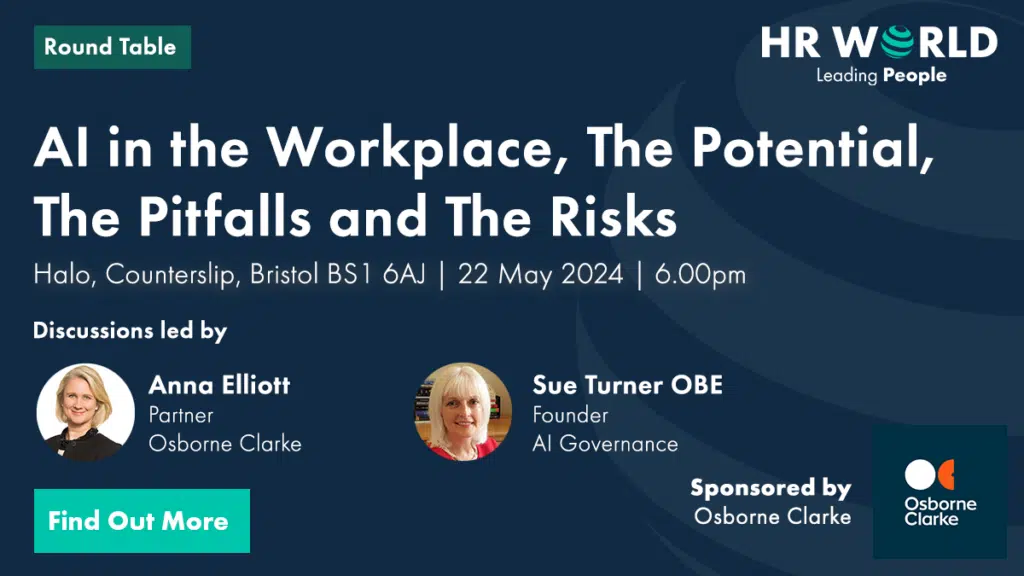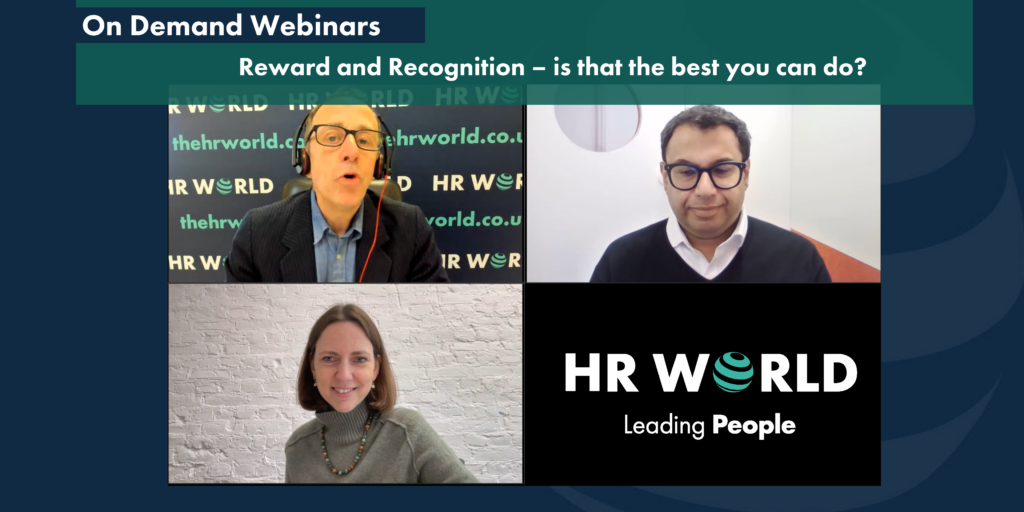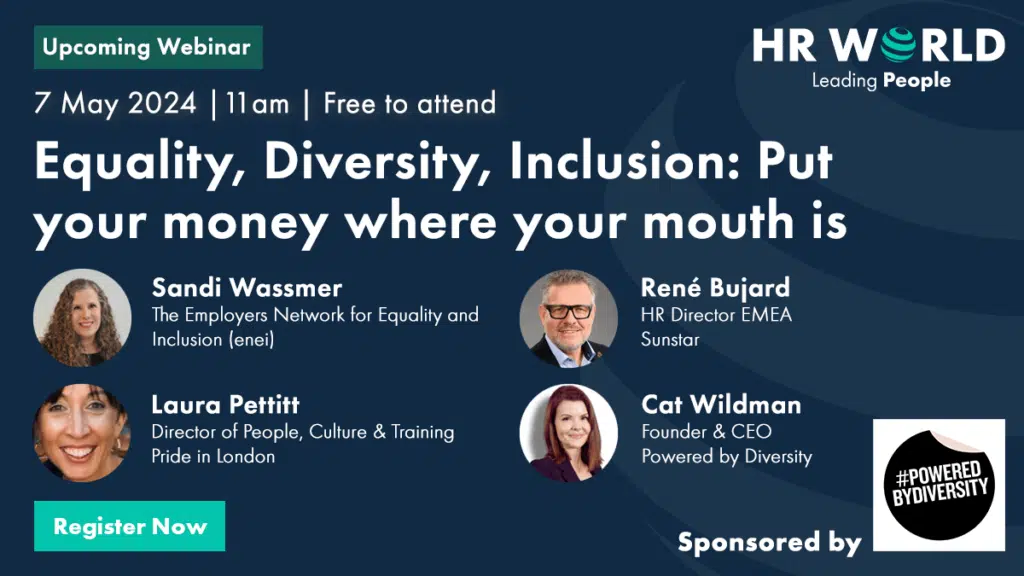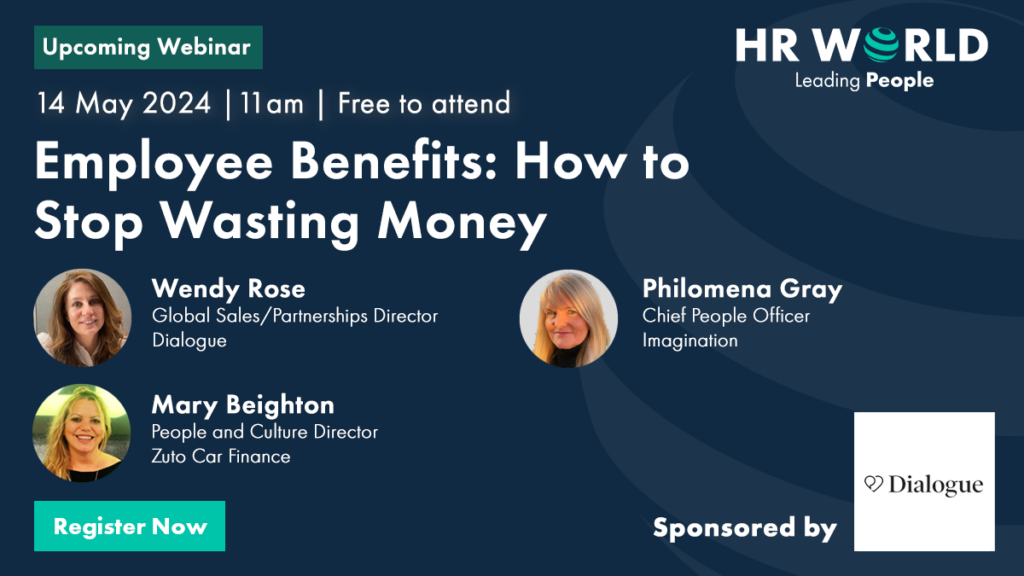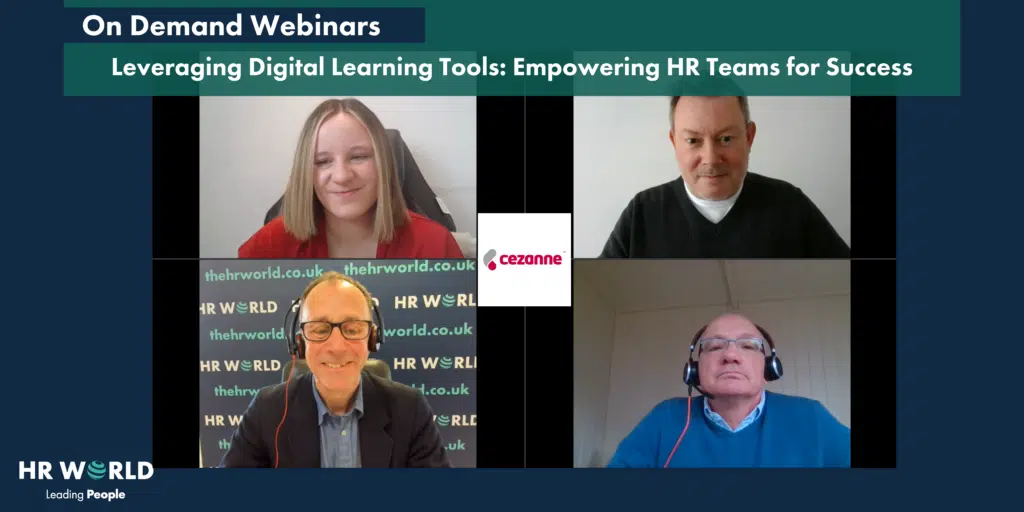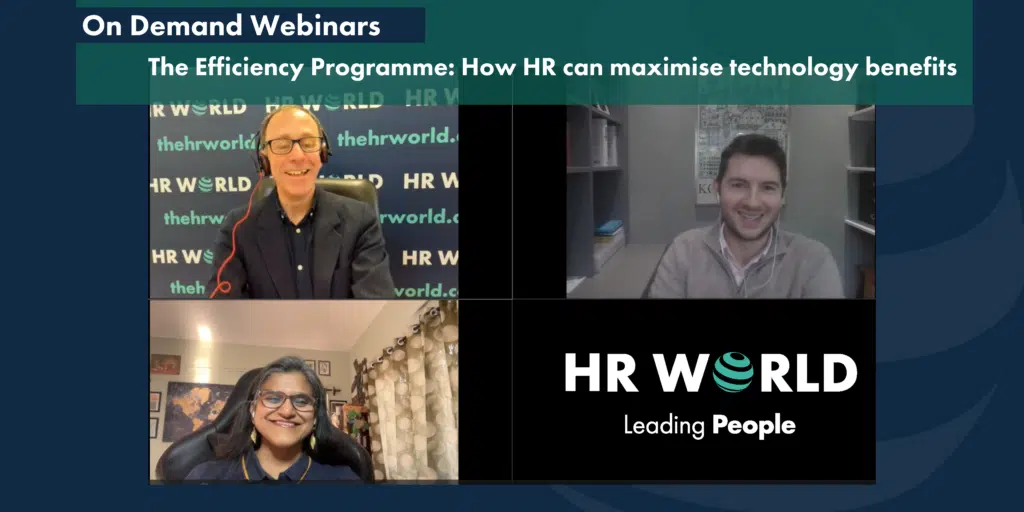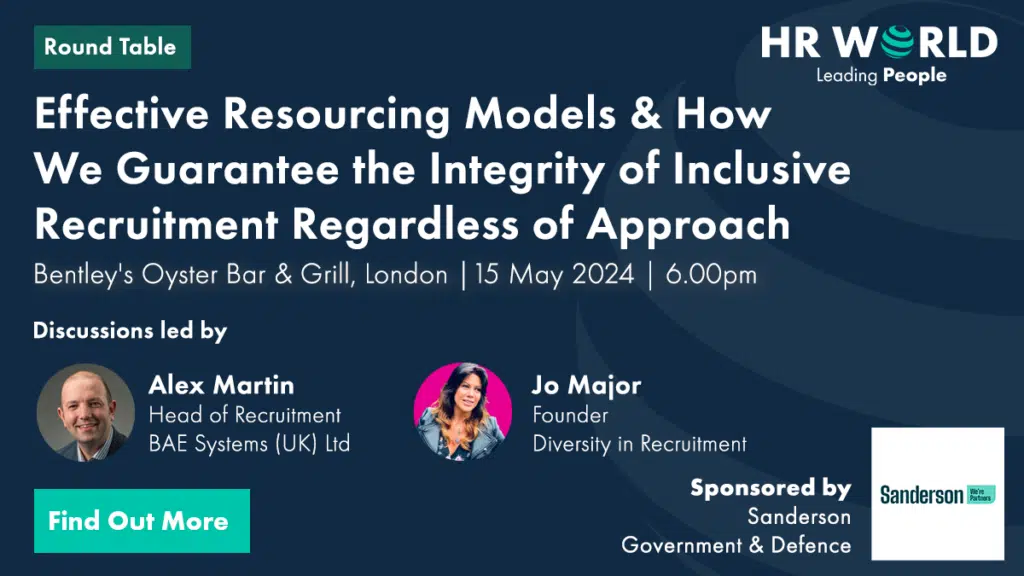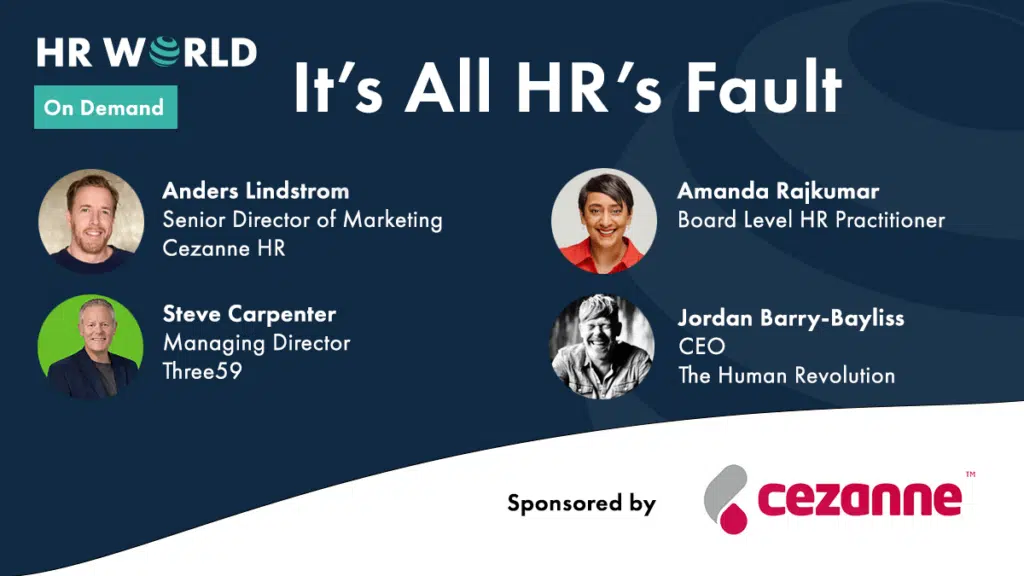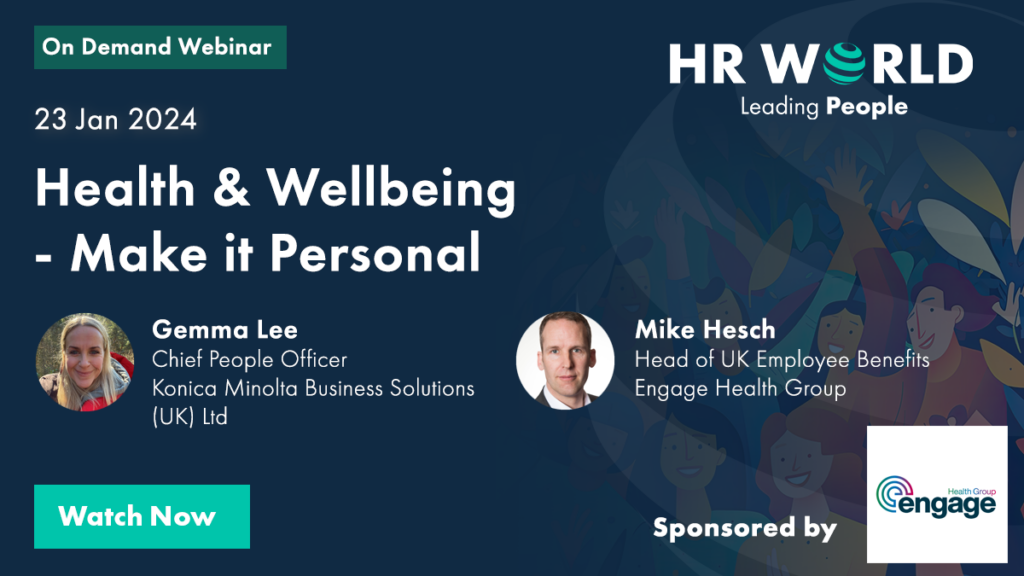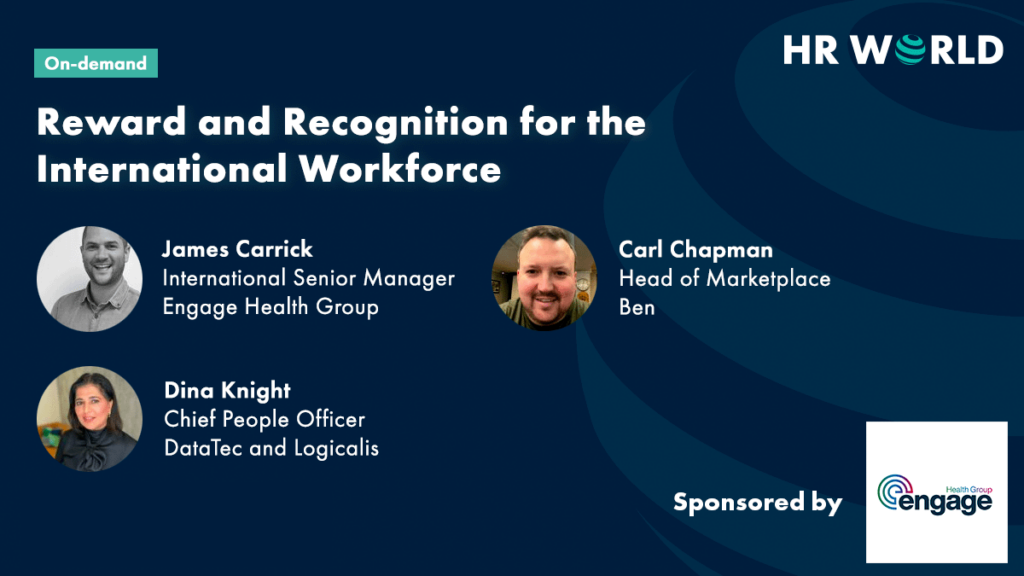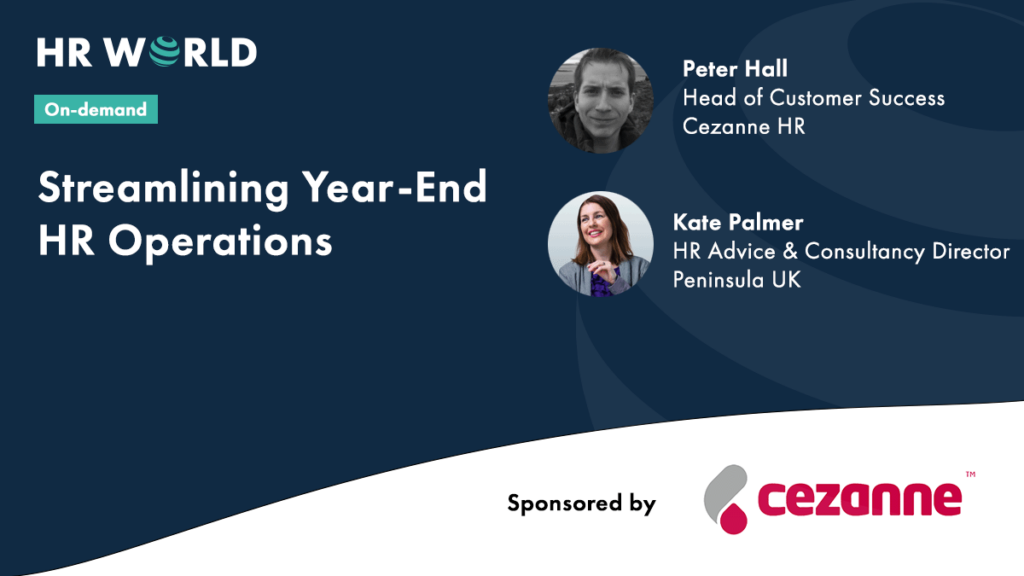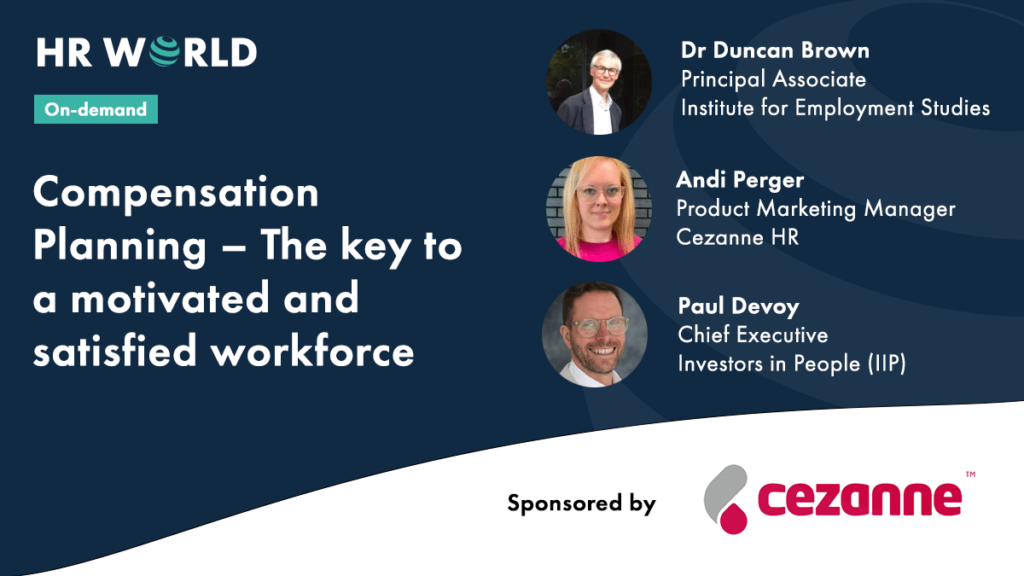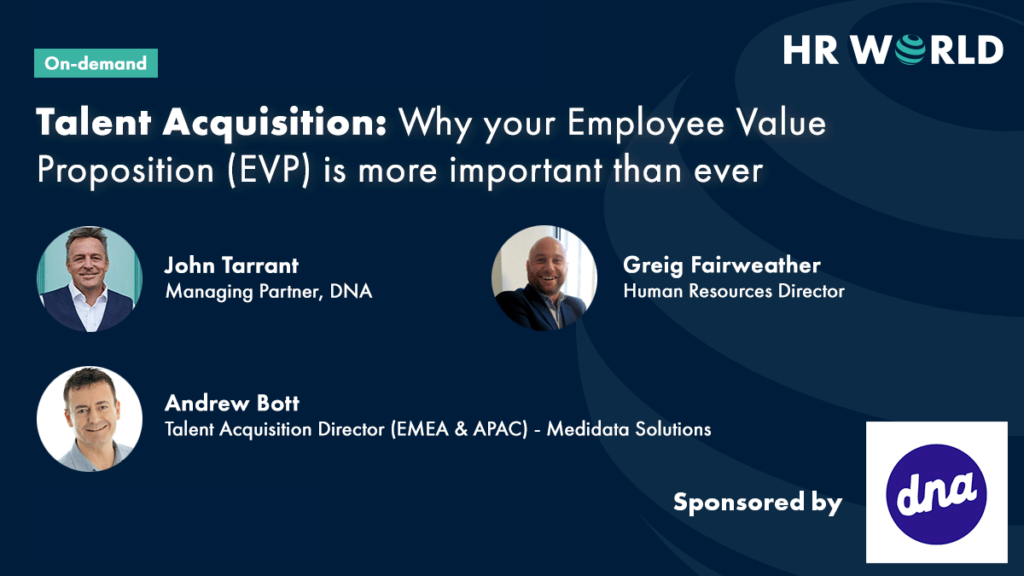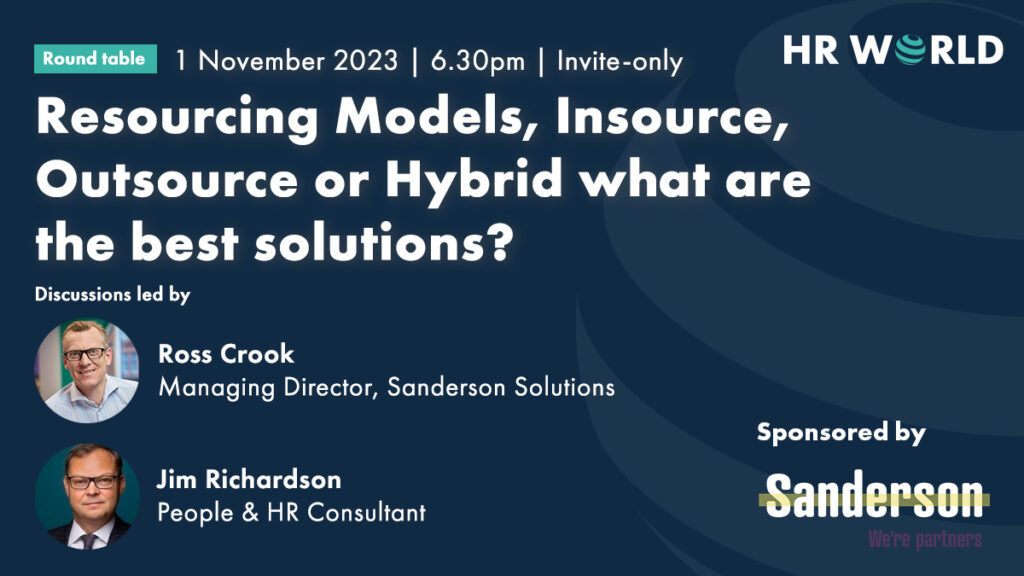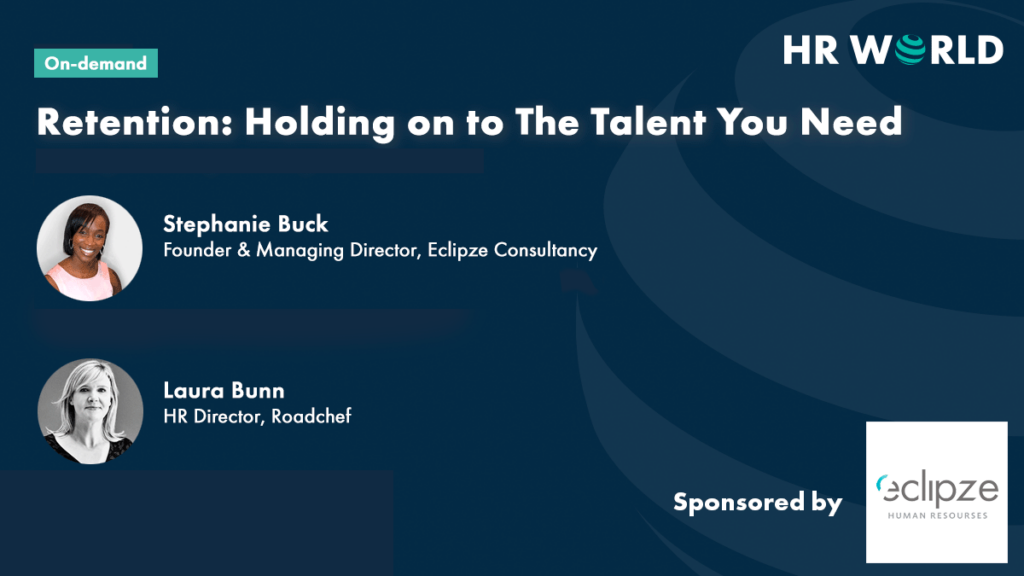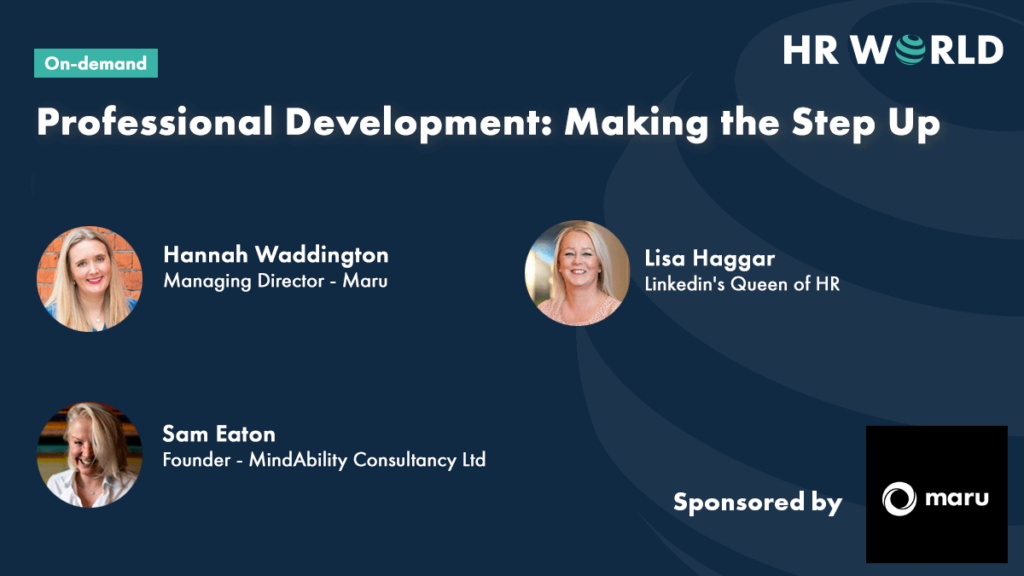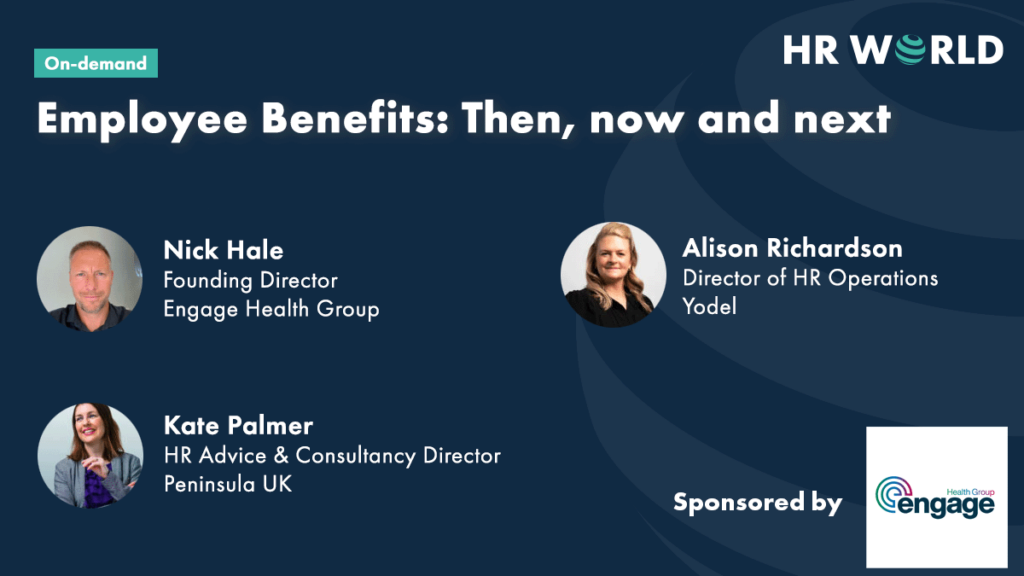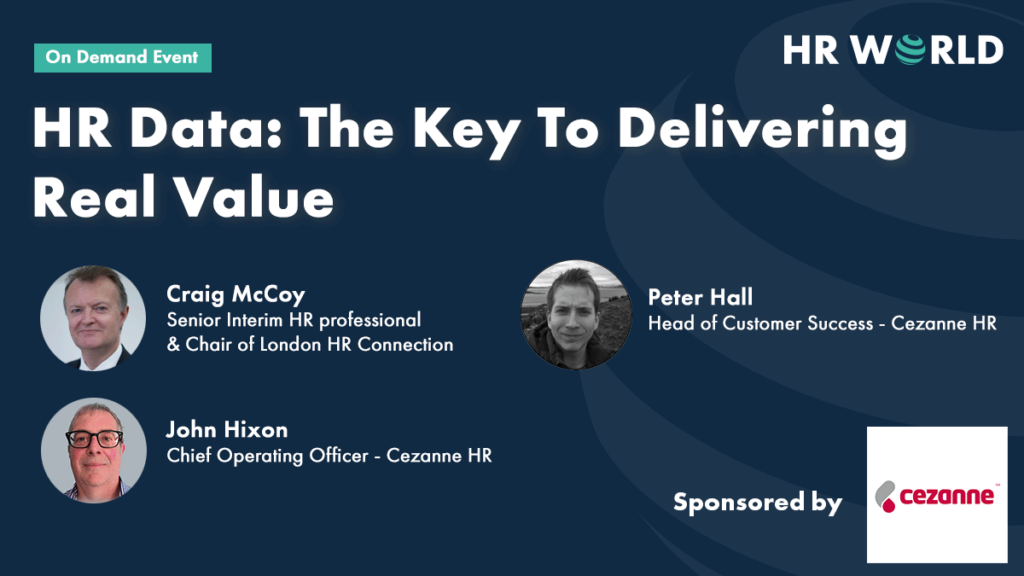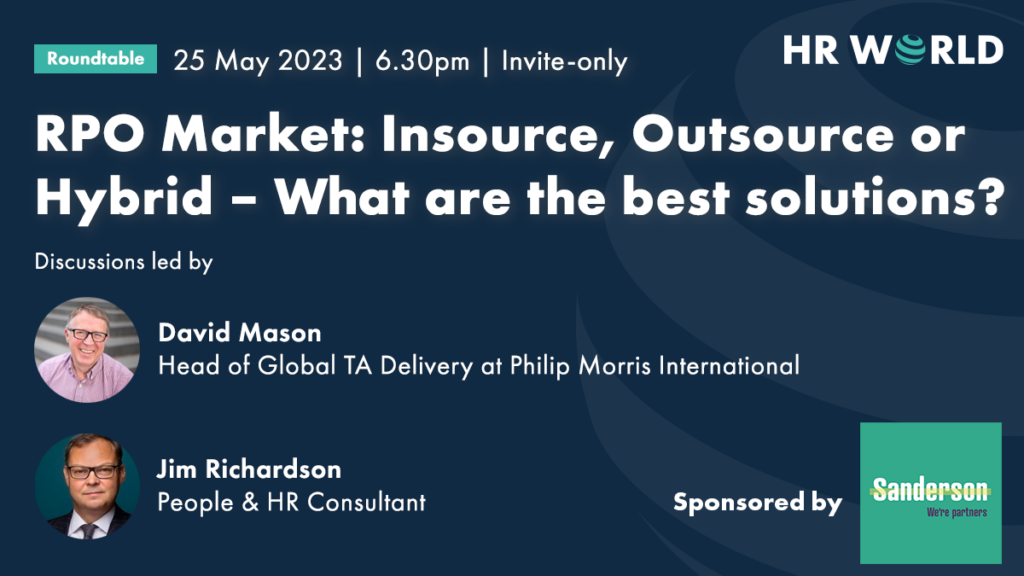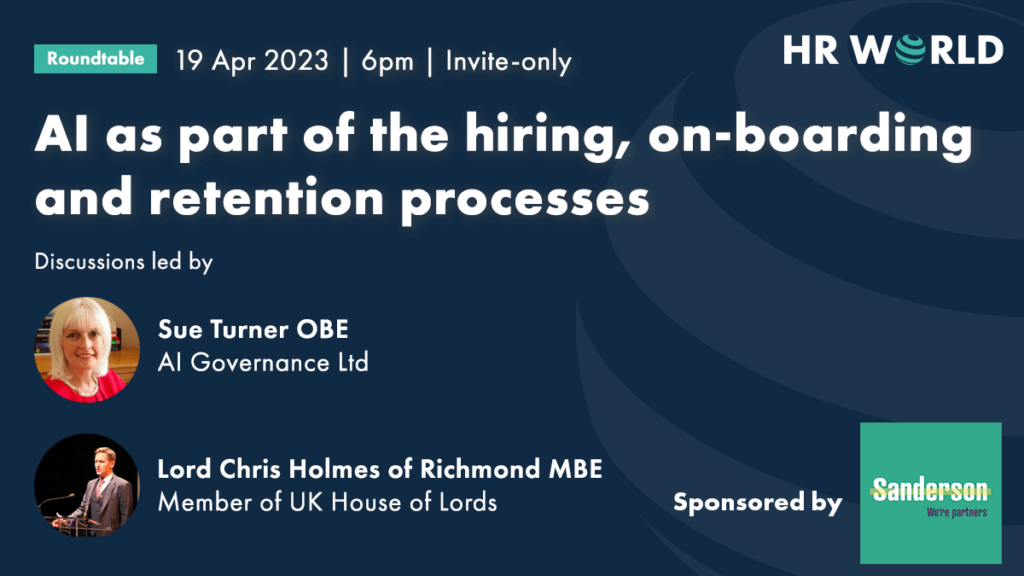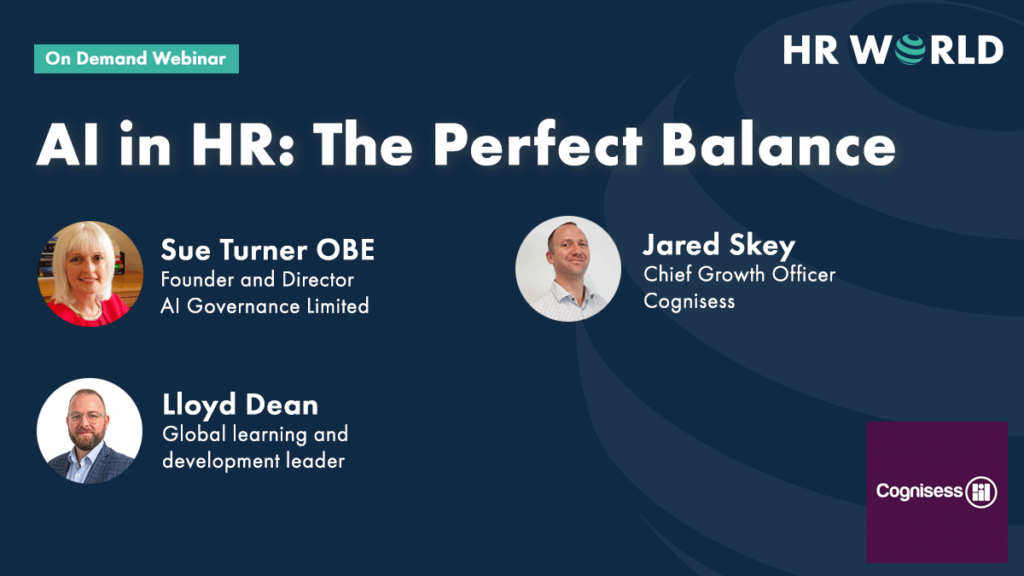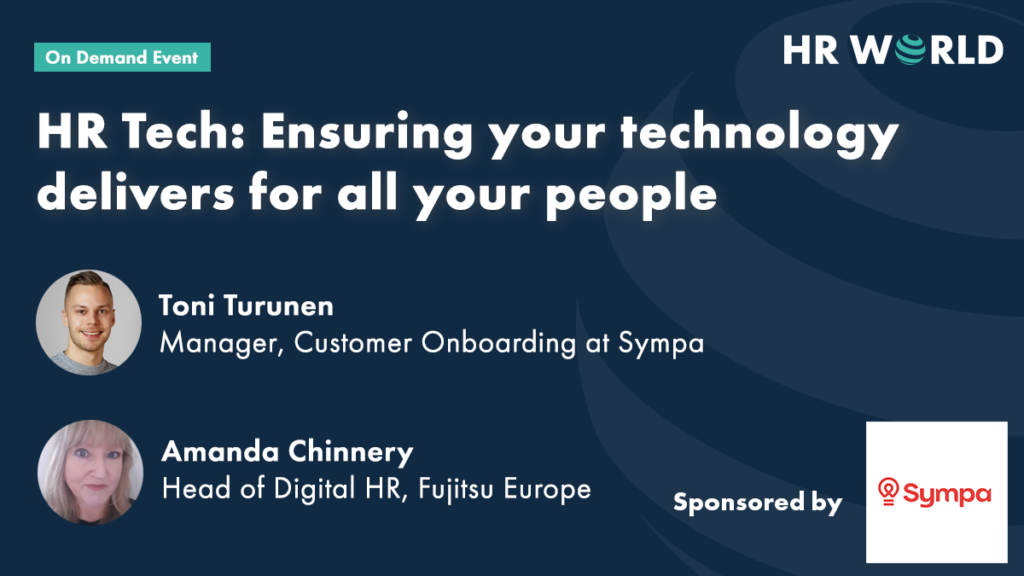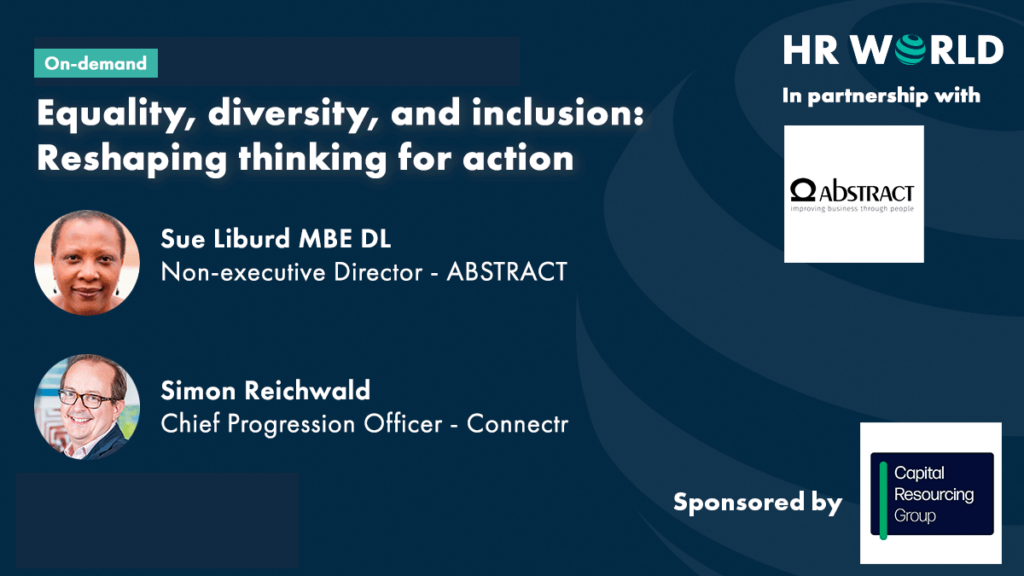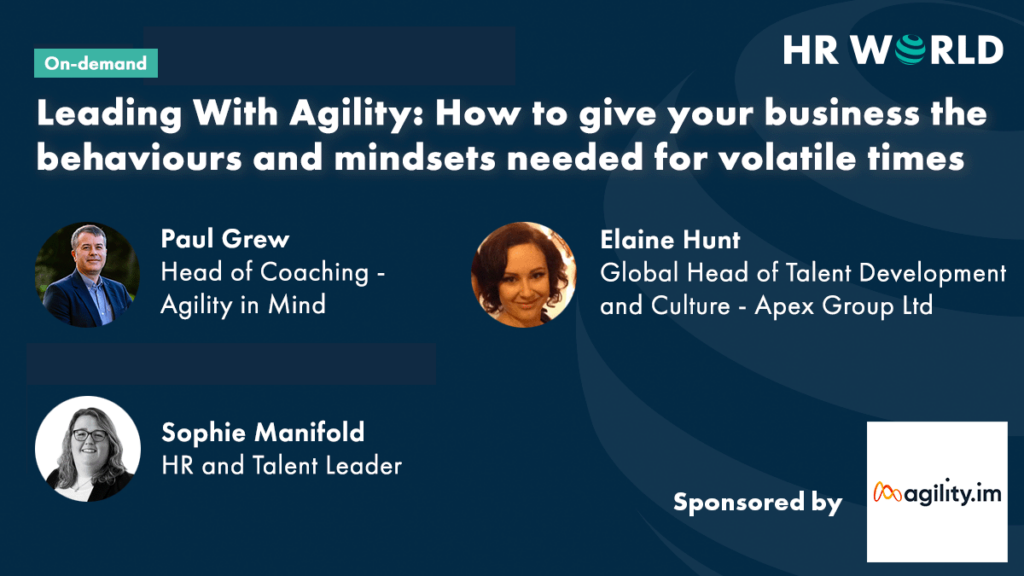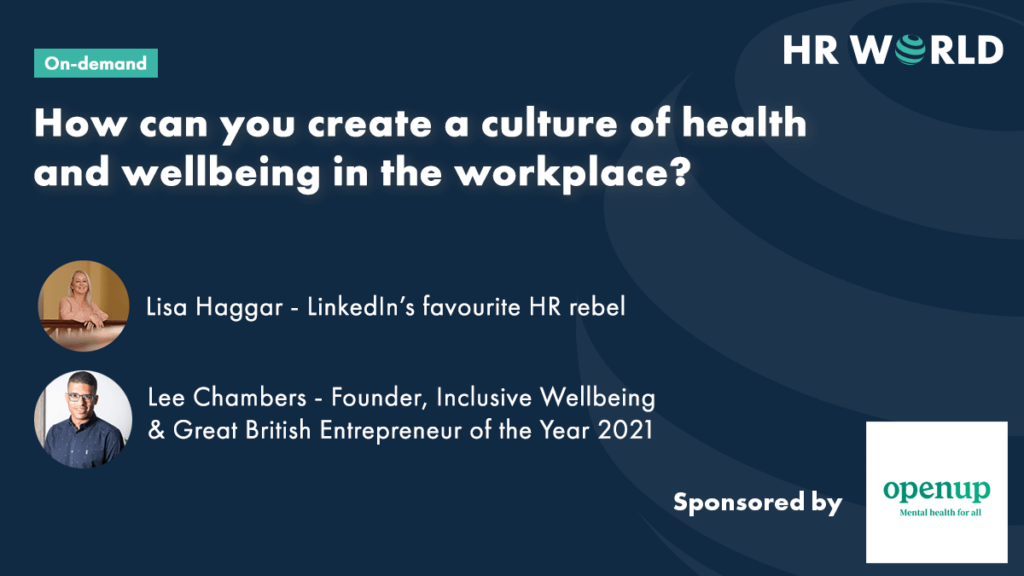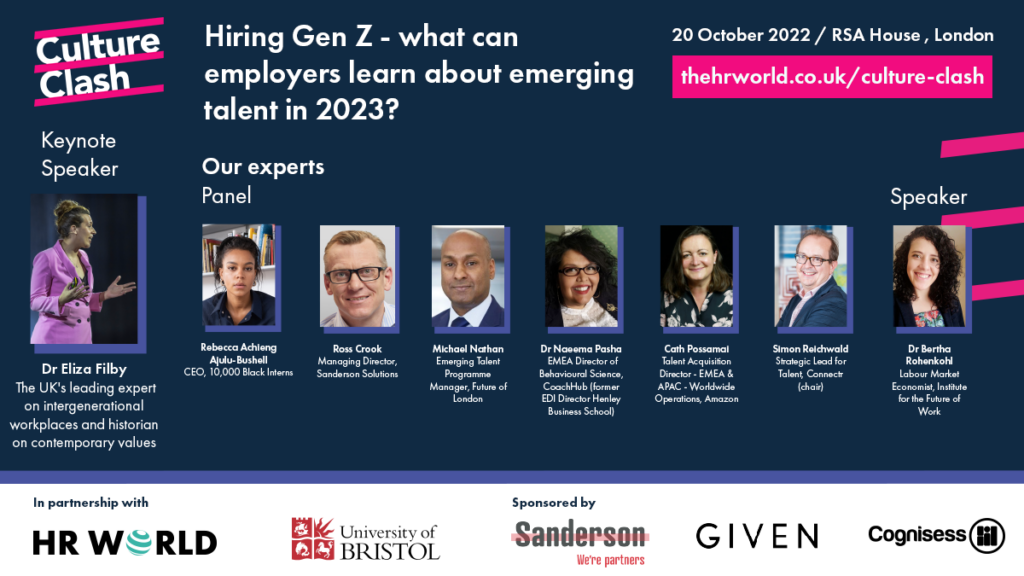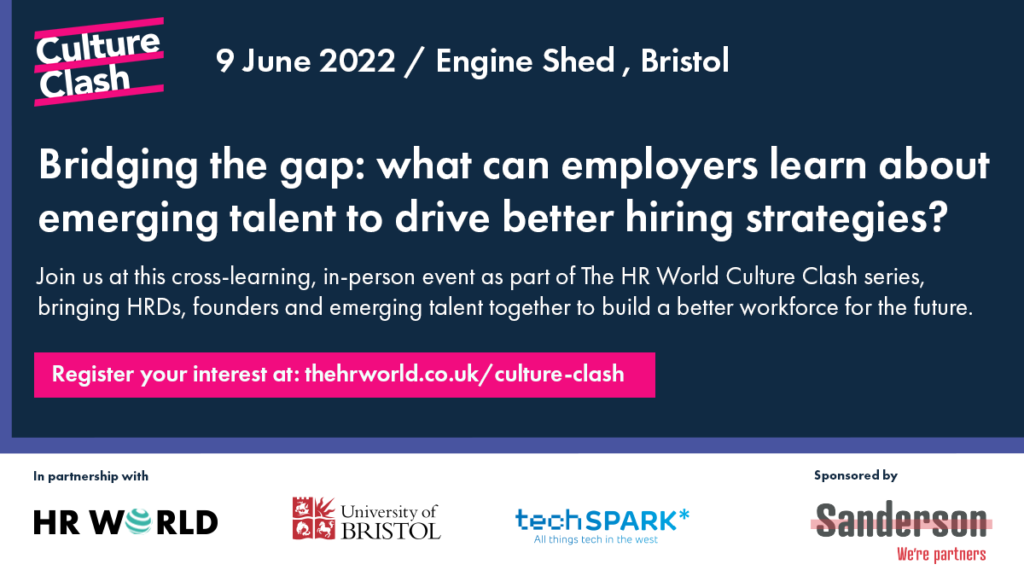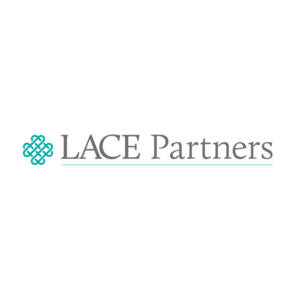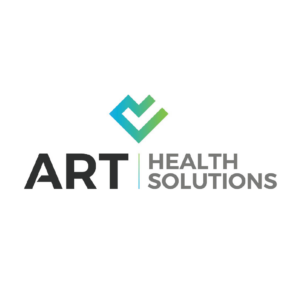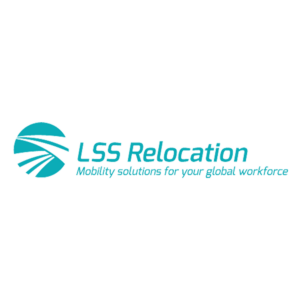Home » Knowledge Hub » Talent Acquisition » Adult skills gap now a ‘capability chasm’
Adult skills gap now a ‘capability chasm’
07 July 2021 Talent Acquisition

The last year was unruly for our workforce. Youth unemployment sky-rocketed, and adult re-skilling and training fell well under the radar.
We know the pandemic affected the abilities businesses require to function effectively. So, we chose to commission research on the skills gap to examine its current state and whether these turbulent times had made things worse. What we found shocked us; the skills gap has widened so significantly, it is now a capability chasm.
The most telling statistic from our report, called Beyond Skills, was the impact of this capability gap on business growth. At Avado, we define a capability as something both individuals and businesses can have. A capability is a deep-rooted knowledge or an ability to do something that is not isolated and flows between different skills.
Decline in growth
Our respondents, who were a mix of learning and development and executive leaders across several industries, were asked to rate their training strategies pre-2020, and then again for 2020. Of those who had invested in training strategies, 71% continued to see growth throughout 2020.
However, those respondents who admitted that they either had no strategy, or that their strategy was not fit for purpose pre-2020, were far more likely (61%) to report decline in growth.
Knowing there was more to it, we wanted to address how the widening skills gap was affecting employees at the heart of it, including the perceived impact on mental health.
More than half (61%) of respondents agreed that a lack of capabilities was negatively impacting their people’s mental health. That said, this aggregate figure hides a discrepancy: only 57% of executives agreed, compared to 65% of learning and development leaders.
Educating senior executives
For HR professionals, this indicates that we have a long way to go in educating senior executives on the value of building capabilities for their employees’ wellbeing.
This will not only protect people’s mental health but also improve retention. We observed similar gaps between HR professionals and leaders, with regard to the prioritisation of business survival over capability development, and whether the events of 2020 had widened their capability gap.
It’s encouraging that these discrepancies—though significant—are far from insurmountable. For the most part, respondents across all the industries surveyed agreed there was a problem and they had a rough idea of how to fix it.
However, HR professionals must keep the pressure on senior executives to make good on their desire to improve the situation. It’s clear through this research that many understood their strategy was not fit for purpose even pre-pandemic.
But failure to take action left some businesses more exposed to the crisis. Subsequently, many businesses have resorted to recruitment of new employees to try and fill capability gaps. This is an expensive and time-consuming plug that doesn’t ultimately solve the problem we are facing across our nation.
Adult skills system
What this research made clear is that HR leaders need to take senior executives on a capabilities journey, educating them on why continuous learning and upskilling are vital to continued competitiveness.
It’s no good for one person or one department to have a capability in isolation of their colleagues. Businesses need to know that large numbers of their people are capable of driving the change that ensures sustainable growth.
This will be a vital component as our economy looks to recover and as we strengthen our adult skills system.
Mark Creighton, is CEO of Avado, which supports global organisations to identify, develop and embed the capabilities they need to be successful in a rapidly evolving world.



